Sudan
Security forces fired bullets and tear gas canisters Monday in an attempt to disperse thousands of Sudanese protesters against military rule and inflation, which has been worsening since the October coup, witnesses told AFP.
Since the coup of General Abdel Fattah al-Burhane on October 25, the country, one of the poorest in the world, has lost its international aid and is now caught in the throat by the rise in prices of grain and oil due to the invasion of Ukraine by Russia.
On Sunday, the price of bread rose from 35 to 50 Sudanese pounds, or from five to seven euro cents, and the cost of transport rose by 50%.
Faced with thousands of demonstrators, many of them high school students, in Damazine, 800 km southeast of Khartoum, security forces fired tear gas, witnesses told AFP, also reporting live fire.
Tear gas canisters also rained down in Nyala, in western Darfur, another witness told AFP, as thousands of high school students and residents chanted "No education in these disastrous conditions!" and "No to military rule!"
Since the putsch of the army chief, the repression has left 87 people dead and hundreds injured, according to pro-democracy doctors.
Thousands of anti-putsch protesters also marched in Atbara, 250 kilometers north of Khartoum, where railway workers began a strike on Saturday, which they say is indefinite.
"The situation has become unbearable: we have not been paid for two months," explained one of them to AFP, Hamad Bachir, reached by phone.
The demonstrators denounce the repression but also the control of the military on the politics and the economy of Sudan, controlled almost continuously by generals in 66 years of independence.
Any price increase or removal of state subsidies on basic goods is sensitive in Sudan, where in 2018, the revolt that toppled dictator Omar al-Bashir the following year was born of a government decision to triple the price of bread.
The country only emerged in 2020 from decades of U.S. sanctions and its 45 million inhabitants - a third of whom are in need of humanitarian aid according to the UN - already have to deal with inflation exceeding 300% every month and non-existent infrastructure.




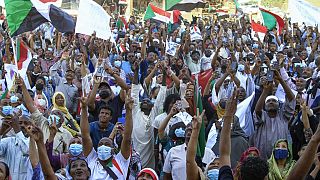
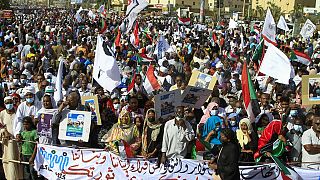
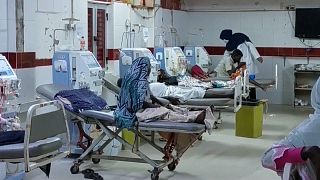
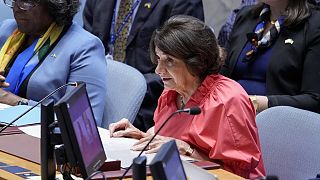
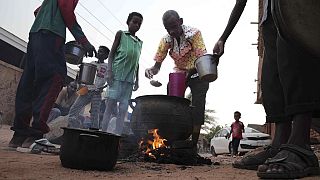
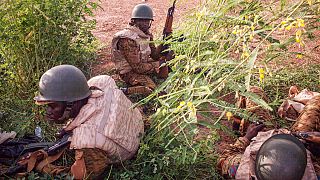

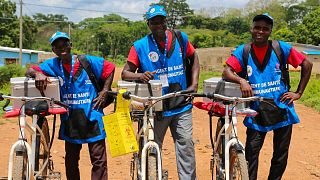
01:38
Sexual violence in conflict increased by 50% in 2023, says UN
02:18
Plastic pollution: global treaty talks underway in Canadian capital
01:09
Mali: More than 110 civilians kidnapped by "suspected jihadists"
01:01
Protests against U.S. military presence in Niger continue
00:42
US vetoes Palestine UN membership resolution
01:30
UN reports widening global inequality in sexual and reproductive health and rights